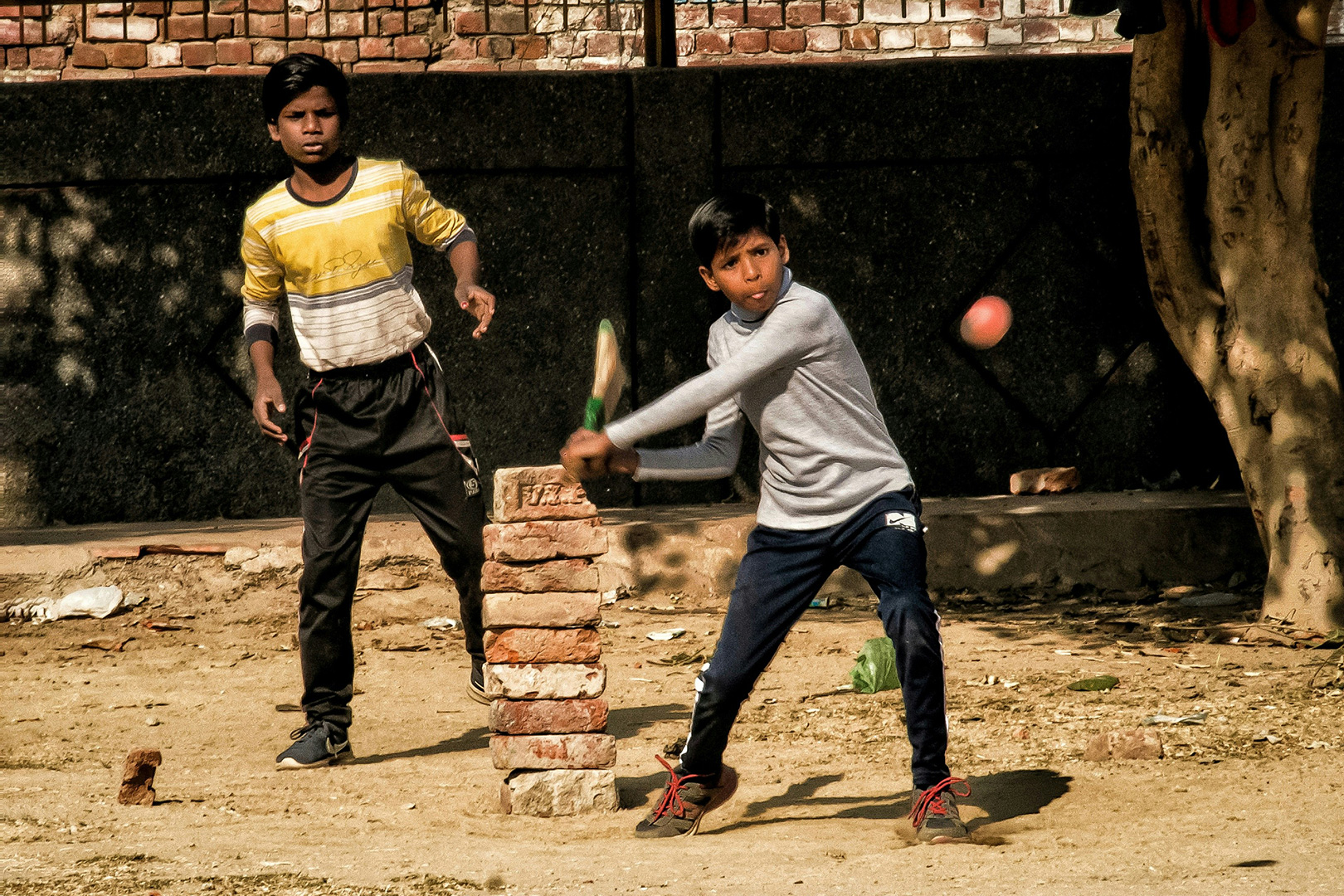A quiet revolution is underway in the world of sports. The traditional path, through academies, clubs, tryouts, and contracts is no longer the only way. Today, becoming a star can happen with just a phone, an app, and a camera. Young basketball and cricket players in Asia are gaining popularity and income not through professional leagues, but via TikTok, YouTube, streaming platforms, and even betting services.
By sharing backyard shots, match reactions, tutorial videos, or challenges, athletes can quickly build an audience, monetize their content, and eventually secure contracts, sponsorships, and recognition. At the same time, fans engage in this ecosystem through likes, donations, comments, fantasy games, and betting. It is not surprising that many aspiring fans are looking for where to bet on basketball games in order to become not just spectators, but “accomplices” in the success of their digital idols. All the more so because there are so many platforms providing such services today.

TikTok as a launching pad for athletes
TikTok has become a platform where athletes can prove themselves, even without exposure to television or professional matches. In Asia, especially in India, Bangladesh, Pakistan, and the Philippines, the app has become a catalyst for young cricket and basketball players whose skills reach millions of viewers.
Hashtags like #crickettrickshots, #basketballskills, #hoopchallenge generates millions of views. Users shoot slo-mo videos, teach techniques, comment on the actions of professionals, or take part in global challenges. The key is not only physical ability, but also digital charisma, the ability to share emotions through the screen.
What makes a sports TikTok account successful:
- Short, dynamic videos with clear presentation;
- Unique skills or style (ball handling, unconventional tricks);
- High-quality editing and music;
- Audience engagement through questions, challenges, and reactions;
- Consistent posting and use of trending hashtags.
Unlike traditional media, TikTok offers instant access to attention. One video can change a career – as it did for an Indian cricketer whose flick went viral on social media, catching the eye of a local club.
Thus, TikTok is more than just a social network; it’s a powerful tool for sports self-actualization, especially in countries where access to leagues and scouting systems is limited.

Money flow: How sport is turning into a streaming career
In the digital age, sports are increasingly moving beyond traditional arenas. Today, it’s not just about playing well, but also about showcasing your game. Young basketball and cricket players are becoming streamers, broadcasting live training sessions, analyzing matches, sharing their reactions, and earning real money doing it.
This trend is growing especially fast in Southeast Asia. On platforms like YouTube, TikTok LIVE, Twitch, and Facebook Gaming, athletes find their audiences without relying on federations or agents. They demonstrate techniques, share experiences, engage viewers – and receive donations, advertising revenue, subscribers, and sponsorships. According to HowStat.com, the number of cricket streamers who monetise their broadcasts has grown by 300% in just two years. A similar trend can be observed in basketball, especially among young players who did not make it to the professional teams, but gained success through streaming.
The new revenue model is not built on contracts and prize money, but on direct interaction with the audience. This is the core of sports content monetization: the athlete becomes the producer, operator, coach, and media personality all in one.
Income comparison between a traditional athlete and a digital streaming athlete:
| Income category | Classic way (through the club) | Digital athlete (Streamer) |
|---|---|---|
| Main earnings | Salary and prizes | Donations, advertising, sponsorship |
| Income management | Through agents, clubs | Independent |
| Reliance on federations | High | Low |
| Skills monetization | Through participation in matches | Via streaming, videos, online tutorials |
| Media presence | Through TV and press | Through own channels |
| Time and content control | Restricted | Complete autonomy |
The new digital ecosystem enables young athletes not only to play but also to build a brand around their identity. The greater the audience engagement, the higher the revenue. This isn’t just a prediction – it’s a reality already transforming sports today.
Gamification and betting: the athlete’s image as a digital brand
A modern athlete is not just a master of the ball or bat but also a full-fledged digital athlete around whom media and financial flows revolve. Gamification in sports turns every action – a throw, a pass, an interception – into a point of interest for fans and a reason to engage. From fantasy leagues and NFT cards to live betting, digital sports are captivating audiences on entirely new levels.
Young basketball players and cricketers, especially those who are active on social media or streaming, are increasingly becoming not only participants in matches, but also subjects of betting. Fans can predict their actions in real time, assemble teams in fantasy platforms, bet on individual achievements and even support them with NFT cards.

This trend is reinforced by interactive betting platforms. They allow you to follow the game and participate in it – through predictions, mini-games and bonus missions – turning an ordinary viewer into an active participant in the ecosystem.
Example from the Philippines: according to experts, Philippine leagues and platforms are increasingly integrating betting and gamification directly into their official mobile apps. Young players, especially from provincial teams, are becoming influencers, signing brand deals, and even earning a share of fan betting revenue. This is creating a new kind of athlete: the creator-led sports figure who blends play, media, and finance.
It is also a way for spectators to participate: they feel a sense of belonging, get emotions from interactivity and can even earn money if they guess the right outcomes. Sport is becoming a personalised experience, and gamification is its logical extension.

Digital sport is about freedom, media and the attention economy
More and more often, sport begins not in the stadium, but on a smartphone. Modern basketball players and cricketers no longer need to wait for an invitation to a club or national team to make a name for themselves. A phone, a stable internet connection, and the ability to create engaging content are all it takes. They become streamers, media personalities, and brand ambassadors – all without intermediaries.
The future of sport is about flexibility, digitalization, and creating opportunities for both players and fans to earn. Those who adapt will ride the wave of new growth.




